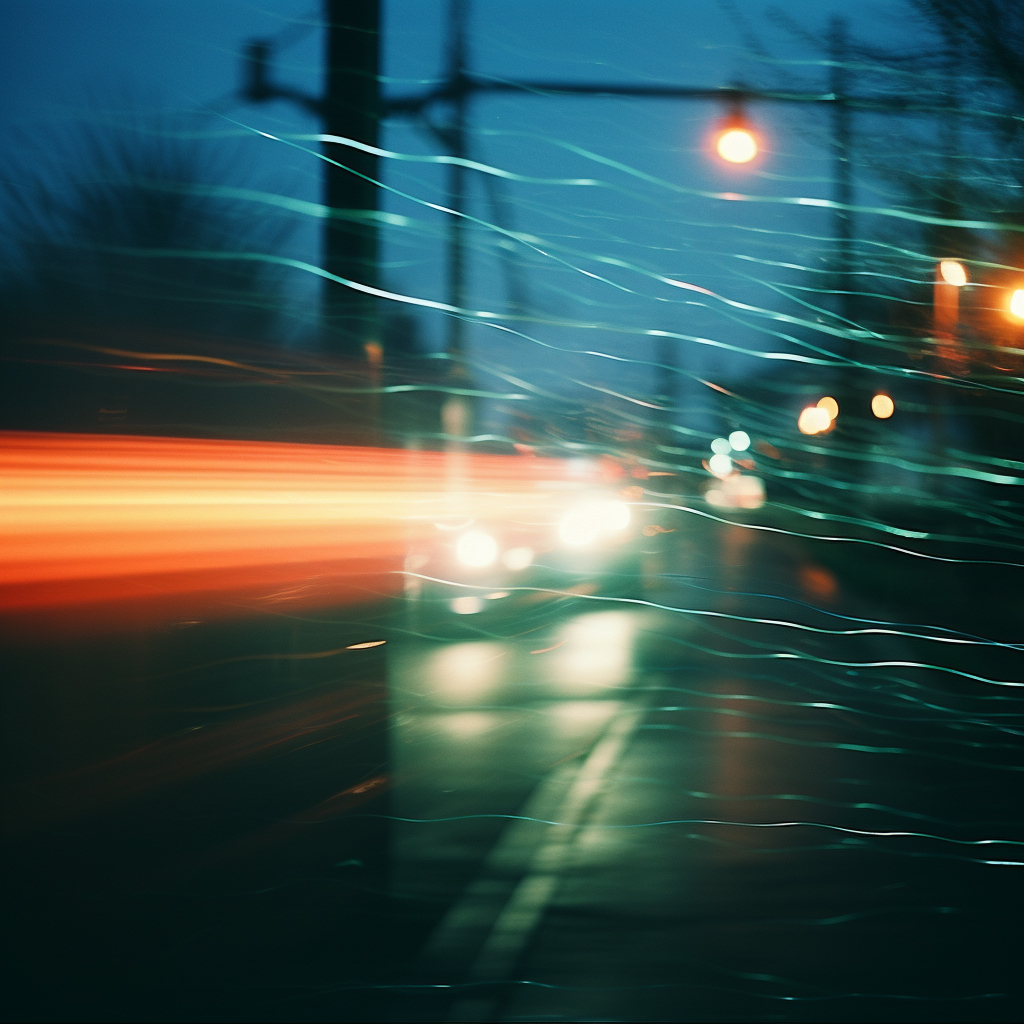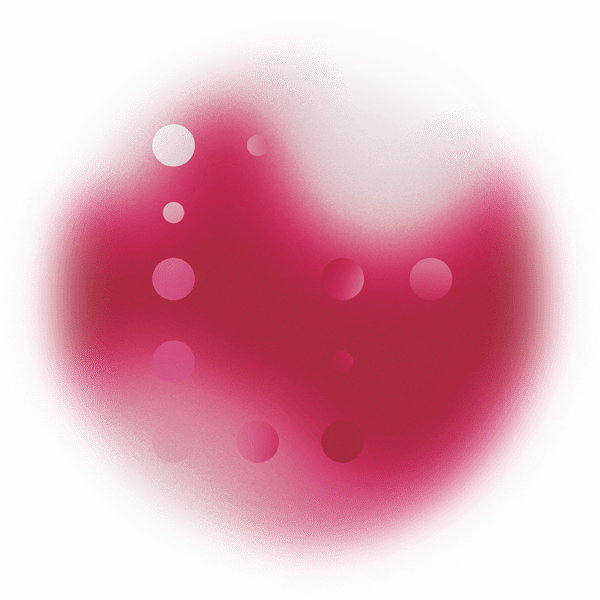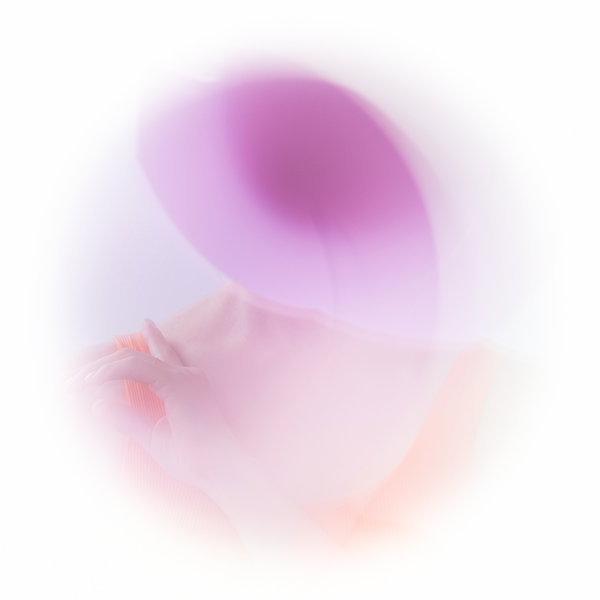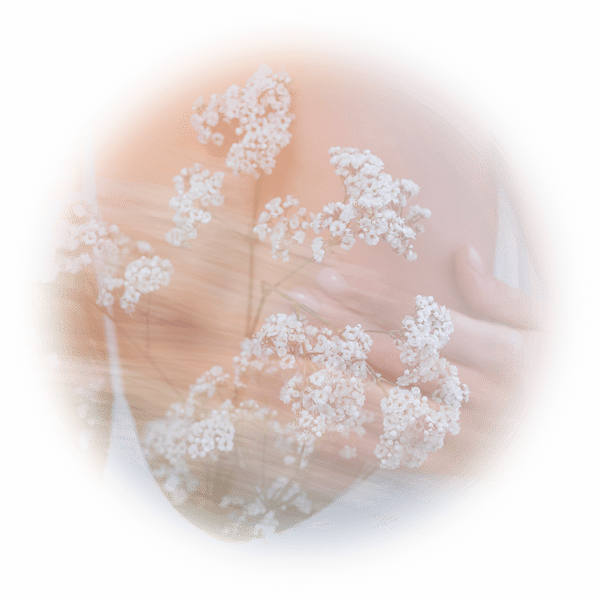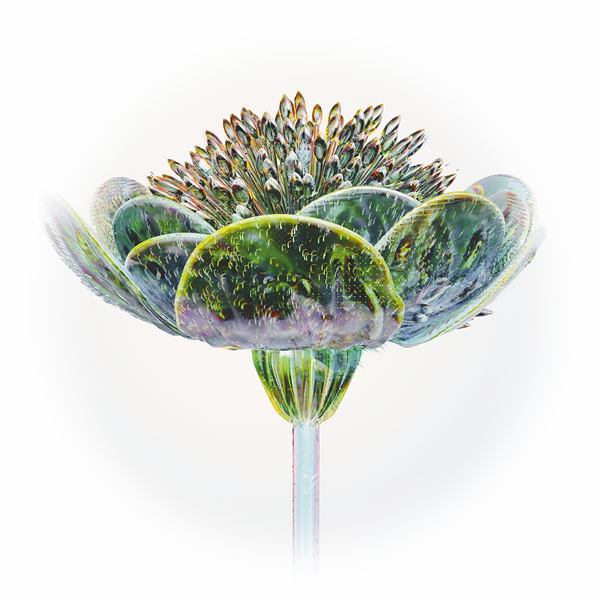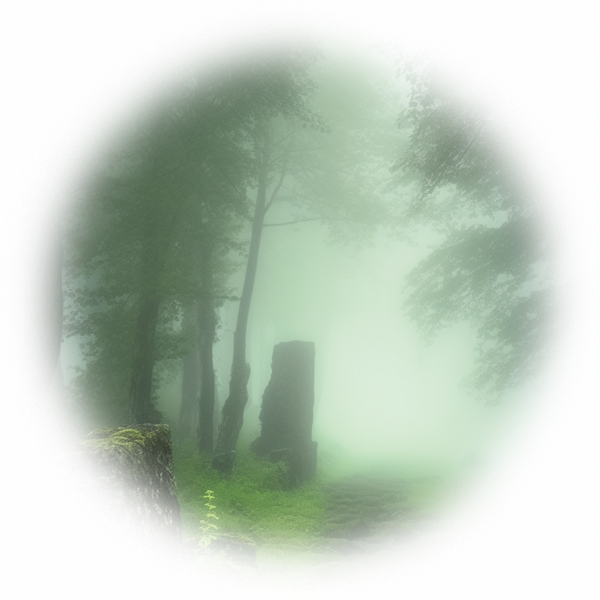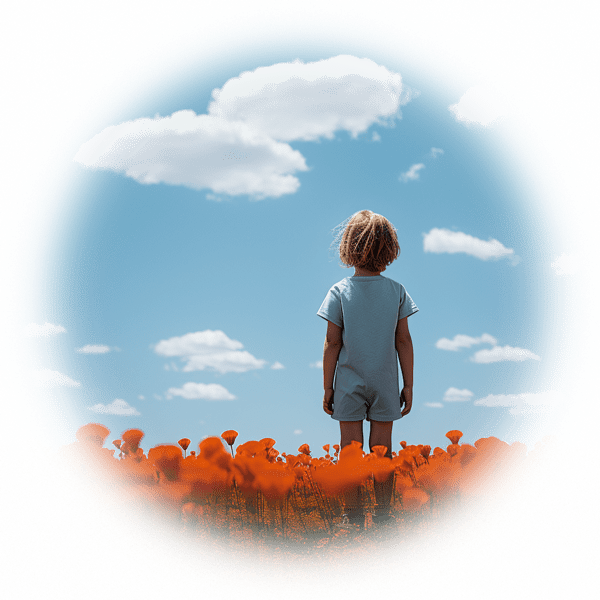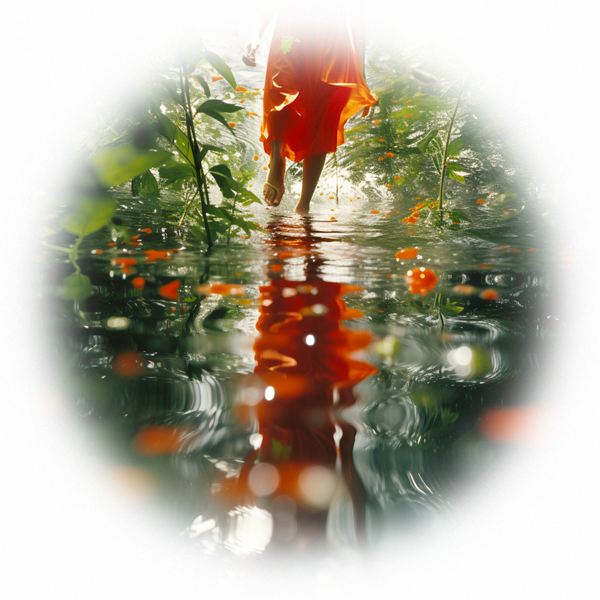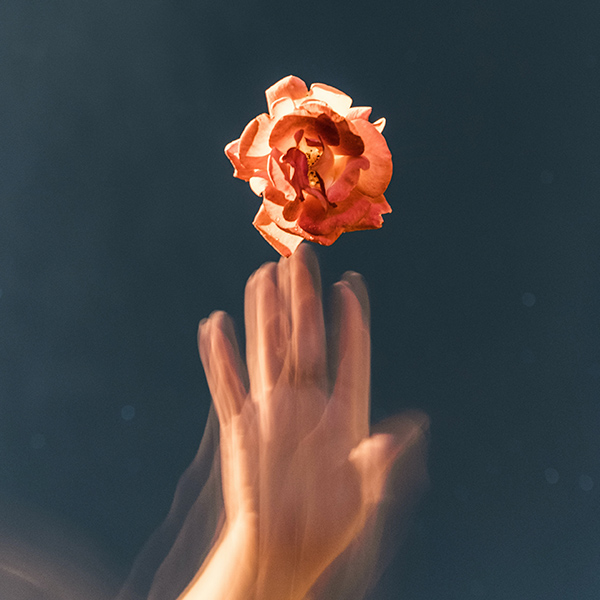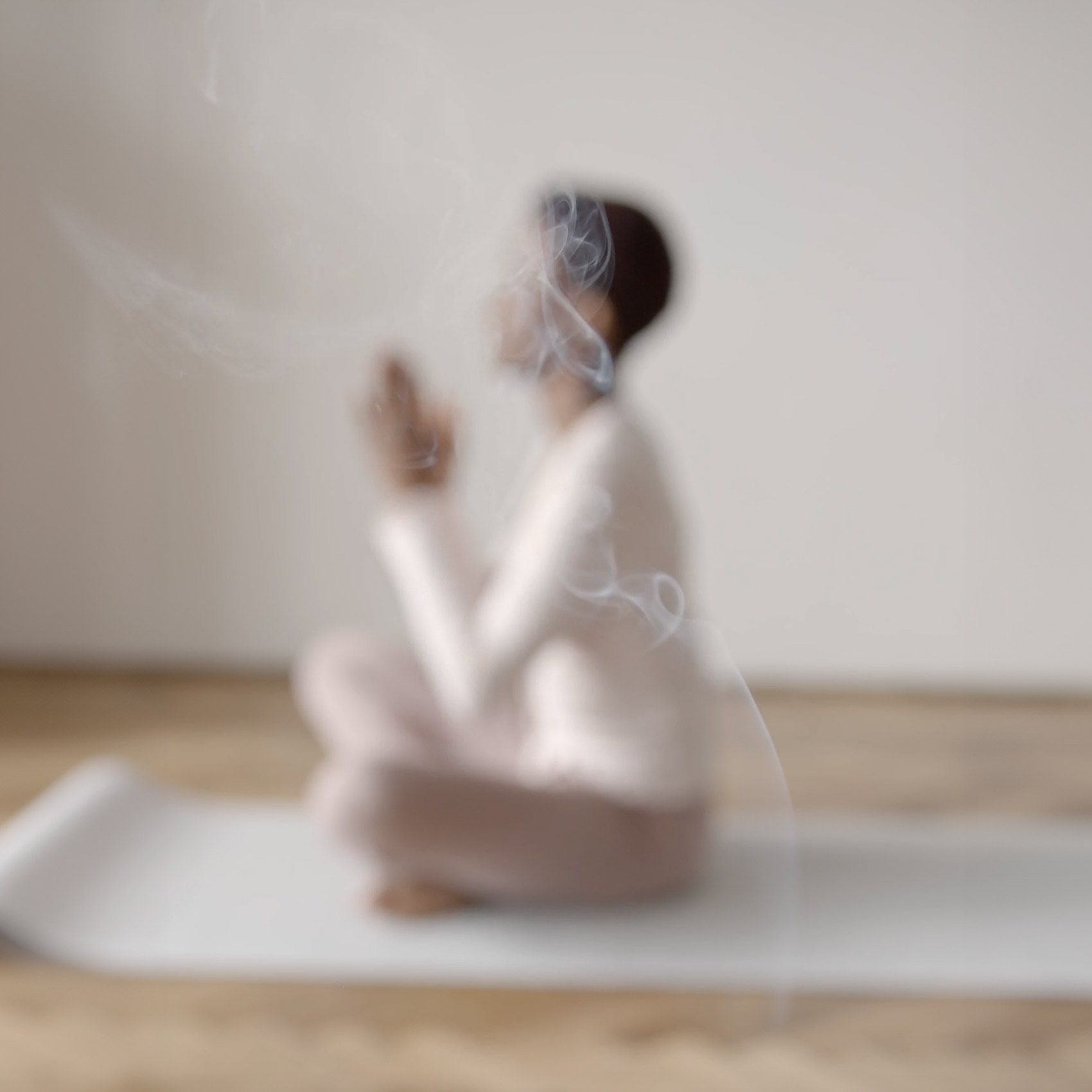Since words are all-powerful, poetry seems to be a privileged form to restore the experience of dreams, in which everything is possible. Whether they are an inspiration or its very subject, dreams and daydreaming have a unique link with literary creation. The images that arise from the limbo of our mind, the sensations that live in our dreams – asleep as well as awake – are singularly embodied under the pen of poets.
In the 19th century, at a time when it was still believed that scents could stimulate fantasy to the point of eliciting daydreams or even real visions, French poet Charles Baudelaire stood out as the true Prince of Perfumes. For him, smell is a conducting sense. On several occasions scents take the poet on a journey to a chimerical place, in which travel, dream and memory merge. In the prose poem “A hemisphere in your hair” (Paris Spleen, 1869), his imagination thus drifts on the scent of the woman he loves:
“My soul voyages on its perfume as other men’s souls on music. […] Your hair holds a whole dream of masts and sails; it holds seas whose monsoons waft me toward lovely climes where space is bluer and more profound, where fruits and leaves and human skin perfume the air.”
Other poets have used the image of flowers, often fragrant, as a metaphor for dreams or what they contain. “The dream of a virgin is in the fresh jasmine” writes French poet Marceline Desbordes-Valmore in “Les songes et les fleurs” (“Dreams and Flowers”) (Romances, 1830), while American writer Amos Russel Wells, in “Transformation” (The Collected Poems, 1921), sees all his sorrows changed into flowers “in the certainty of dreams”:
“There’s a garden far in Fancy
Where the sweetest flowers grow […]
Daisies, violet and clover,
Royal roses, lilies white.”
The beautiful fragrant lily is also mentioned in a poem by Charles Cros, simply titled “Rêve” (“Dream”) (Le Collier de griffes, 1908), in which its immaculate blooms, with their “suave scent / Sweeter than honey”, are likened to the woman he loves, turned into a flower in the dream.
Finally, other writers have more simply transcribed into words the smells perceived in the meanders of their dreams. For instance, in “L’Agitation du rêve” (“The Agitation of the Dream”) (Rue Traversière et autres récits en rêve, 1977-1980), contemporary poet Yves Bonnefoy describes a great fire of branches whose aromas flatter his nostrils, even in the depths of his sleep: “I am happy / Of this crackling sky, I like the smell / Of the sap burning in the mist.” Further on, transported to another place by one of these magic tricks of dreams, the poet mentions the nostalgic “smell of wheat of yesteryear, dissipating.”
For poets and writers, smells are not only a writing challenge or a chance to devise metaphors, they also offer them a way of mental escape, an exaltation of their imagination and, in some cases, of the sensations conjured up by dreams put into words.
